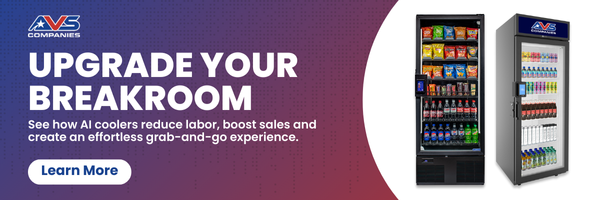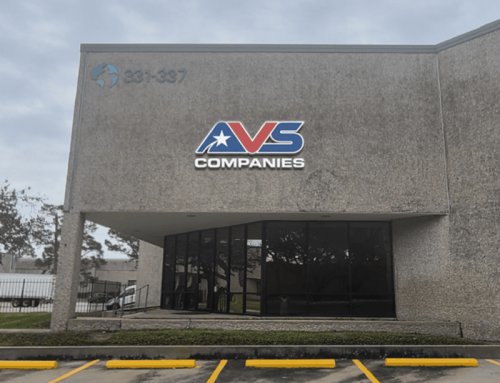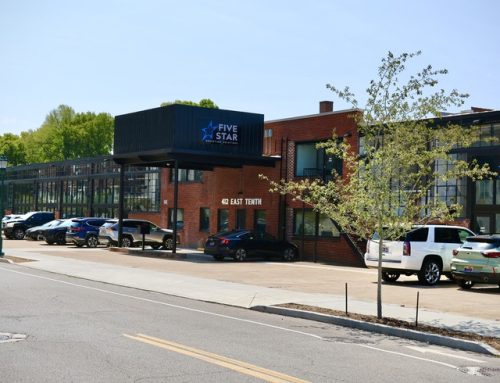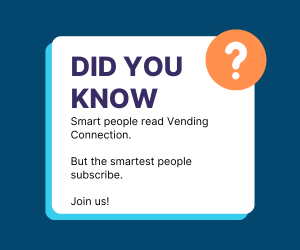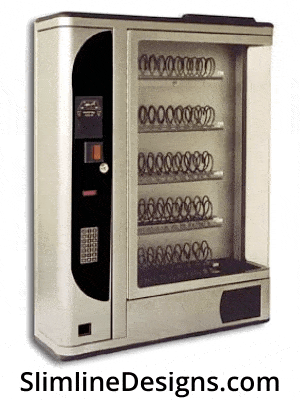
After months of back-and-forth in Washington, the sweeping tax legislation of H.R. 1 — officially titled the One Big Beautiful Bill — was signed into law by President Trump on July 4. While it passed through the reconciliation process along party lines, this bill carries meaningful implications for small and mid-sized businesses across the convenience services industry.
Convenience services operators have reason to pay attention and recognize important wins within the legislation. Thanks to targeted advocacy, many business-critical tax provisions made it across the finish line.
Key Tax Provisions That Support Convenience Services
Several tax measures long championed by NAMA, including at the recent NAMA Fly-In, were included in the final legislation. These provisions are designed to provide operational certainty, promote reinvestment, and support small business owners.
Permanent Qualified Business Income Deduction (Section 199A)
The 20% Qualified Business Income deduction (Section 199A) from the 2017 Tax Cuts and Jobs Act is
now permanent for pass-through businesses. This preserves capital available for small business
reinvestment, operations, and expansion that would have expired at the end of 2025.
Permanent Expensing of Domestic R&D Costs (Section 179)
The law permanently restores immediate expensing for domestic research and development expenses.
This provides businesses of all sizes with the flexibility to invest in equipment and infrastructure without
spending tradeoffs that may limit operations and growth.
Bonus Depreciation Extended Through 2030
First-year bonus depreciation is reinstated and extended, allowing companies to deduct more of their
capital investment costs upfront.
Estate Tax Exemption Increased and Made Permanent
The estate tax exemption permanently increased to $15 million per individual, providing relief for
family-owned businesses transferring assets to the next generation. This exemption would have
reverted to $5 million at year-end.
Individual Tax Rates Made Permanent
The individual tax rates established under TCJA, which are vital to increasing parity for small businesses
with their corporate counterparts, have been made permanent.
Other Notable Provisions
- “No Tax on Overtime” Deduction. This provision made it into the final bill with a 2028 sunset date, allowing up to $12,500 (individual) or $25,000 (married filing jointly) deductions that phase out at higher income levels. Valid Social Security Numbers are required to claim this deduction.
- State and Local Tax Deduction Increase. Though not a NAMA advocacy priority, the individual State and Local Tax (SALT) deduction for single filers and married couples increased to $40,000, phasing out for income levels over $500,000. However, this provision will sunset in 2030.
- Business Meal & Breakroom Deduction Not Extended. One item of interest to NAMA members that was not included in the bill is an extension of the business meal and breakroom expense deduction set to expire at the end of this year. The 2017 TCJA decreased the available deduction from 100- to 50-percent and for the program to sunset entirely at the end of 2025.
- SNAP Program Changes. H.R. 1 made substantial funding cuts to the Supplemental Nutrition Assistance Program (SNAP). However, it does not affect eligibility for convenience services operators to participate as SNAP-authorized retailers.
What It Means for the Industry
While the political path to passage was contentious, the final version of H.R. 1 includes substantial policy outcomes that benefit convenience services operators. The permanency of tax provisions like Section 199A and the estate tax exemption provides long-term planning certainty, while extensions of bonus depreciation and R&D expensing support reinvestment and growth.
These outcomes are the result of direct advocacy by NAMA and industry leaders, showing the power of a unified voice in Washington. As new policies roll out, NAMA will continue to monitor developments, represent your interests, and keep you informed.
Want to be part of future advocacy efforts? Visit namanow.org/voice to learn how you can get involved or namanow.org/subscribe to receive weekly advocacy news.

